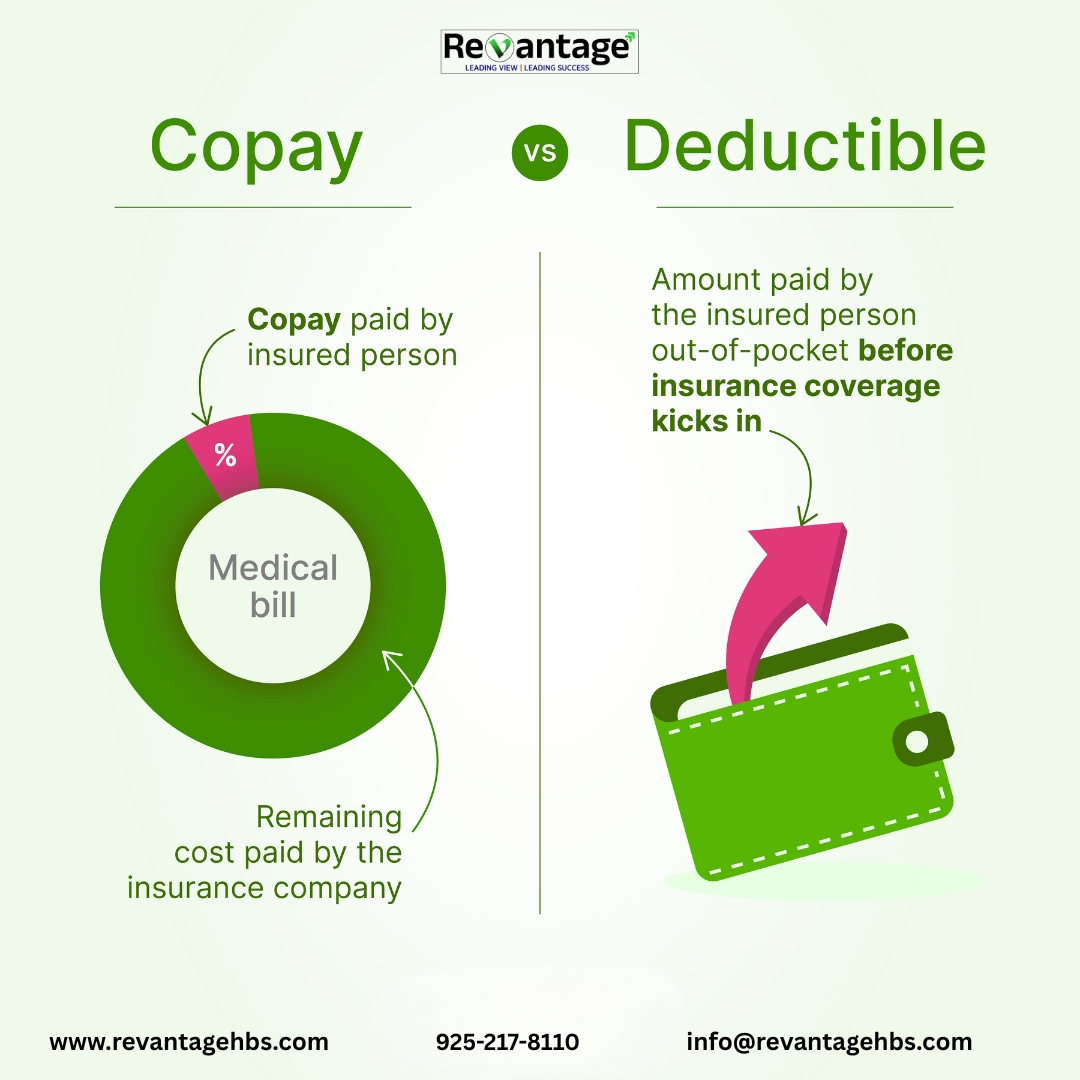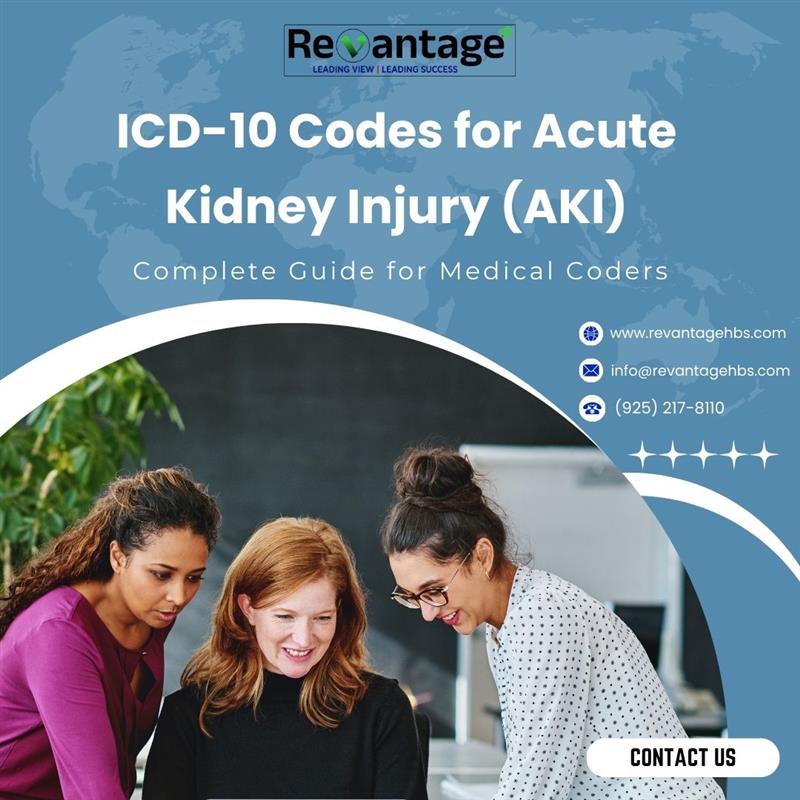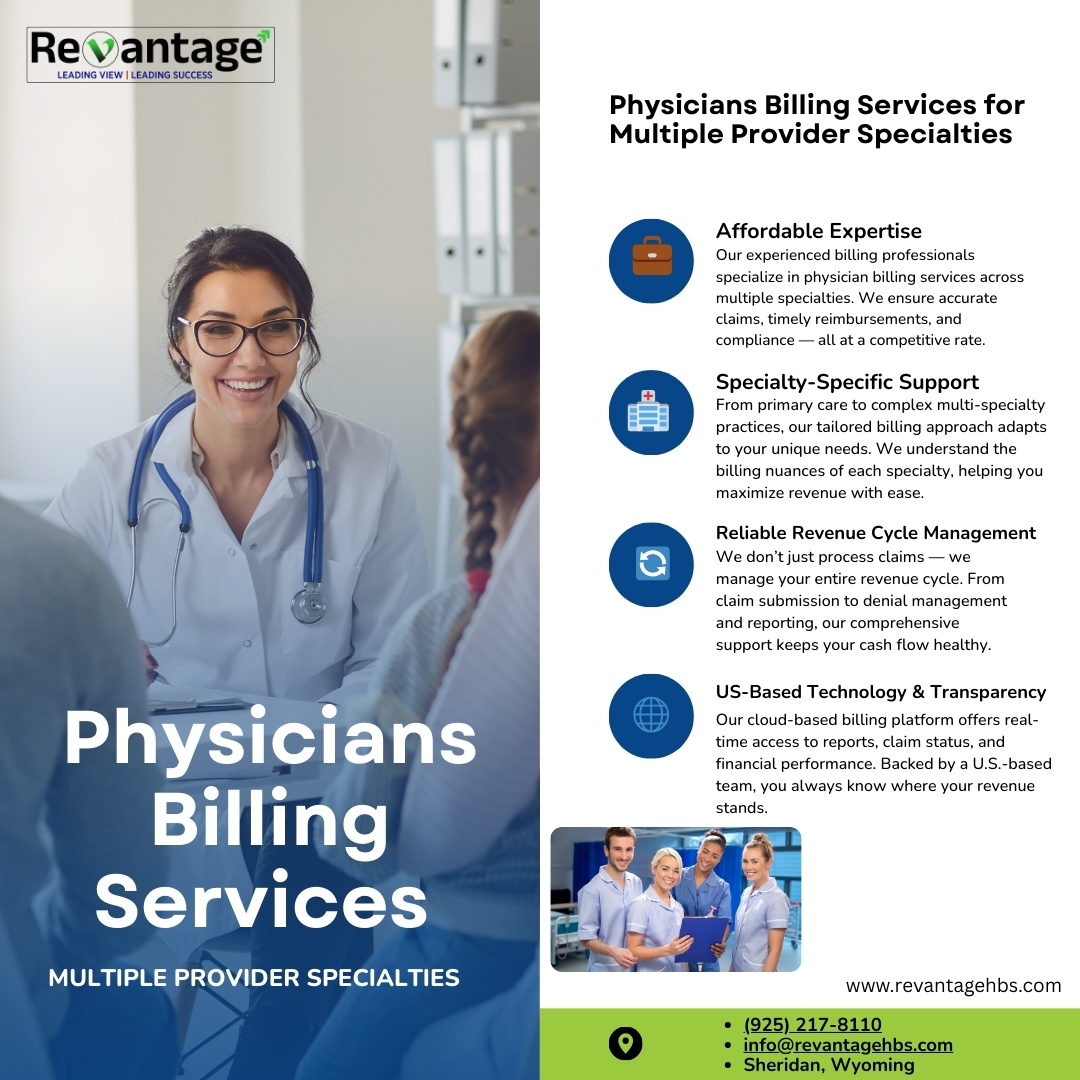Hyperlipidemia means increased lipid levels in the blood. It is a common condition that may cause serious health implications if left untreated. The ICD-10 code designation for hyperlipidemia is E78.5: Hyperlipidemia unspecified, which belongs to medical coding.
Synonyms and Associated Terms
Hyperlipidemia includes several disorders of lipid metabolism. Some terms synonymous with or related to hyperlipidemia include:
- Dyslipidemia
- Complex dyslipidemia
- Hyperlipoproteinemia
- High fasting lipid profile
- Hyperlipidemia secondary to diabetes mellitus types 1 or 2
- Hyperlipidemia due to prolonged steroid therapy
These conditions ought to be identified and coded correctly for better management and planning of treatment for the patients.
Role of ICD-10 in Healthcare
ICD-10 is the internationally accepted code for diseases and health conditions. It is published by the World Health Organization (WHO). It is useful to have a shared language that enhances communication among providers, smoothens billing, and aids health statistics and research.
Revantage Healthcare: Your Medical Billing and Coding Partners
Medical coding and billing is an area characterized by its complexity. At Revantage Healthcare Business Solutions, we provide complete medical billing services to healthcare providers with an emphasis on accuracy in coding, timely billing procedures, and revenue cycle optimization. Our experts are updated concerning the latest in coding and the best practices in the industry, so you can focus on the excellent care of your patients.
Join Revantage Healthcare for the services eased through administrative processes and boosted financial performance for your practice. Go to revantagehbs.com for more information on our customized solutions designed to suit your practice’s specific needs.
Medical billing and coding handed over to Revantage Healthcare maintain your compliance checks with minimal administrative hassle and maximized efficiency, ultimately allowing you time for what matters most to patients.
Other Synonyms Include:
The medical diagnosis of hyperlipidemia, unspecified (ICD-10 code E78.5), is associated with several related terms and conditions, including:
Complex dyslipidemia
Type 1 diabetes mellitus with dyslipidemia
Type 1 diabetes mellitus with hyperlipidemia
Type 2 diabetes mellitus with low HDL and high triglycerides
Type 2 diabetes mellitus with hyperlipidemia
Dyslipidemia
Dyslipidemia (elevated blood cholesterol/triglycerides)
Dyslipidemia due to type 1 diabetes mellitus
Dyslipidemia with HDL below reference range and triglycerides above reference range due to type 2 diabetes mellitus
Hyperlipidemia
Hyperlipidemia (elevated blood fats)
Hyperlipidemia due to steroid use
Hyperlipidemia due to type 1 diabetes mellitus
Hyperlipidemia due to type 2 diabetes mellitus
Hyperlipidemia associated with long-term steroid use
Hyperlipoproteinemia
Nutritional therapy for hyperlipidemia completed
Elevated fasting lipid profile
Elevated fasting lipid panel
F&Q
Is ICD-10 code E78.5 billable for healthcare diagnosis reimbursement?
Is ICD-10 Code E78.5 Billable for Healthcare Diagnosis Reimbursement?
Yes, ICD-10 code E78.5 is indeed billable for healthcare diagnosis reimbursement. This code is specific to hyperlipidemia, an elevation of lipids in the bloodstream, which is a common condition needing medical attention.
Why is it Billable?
- Specificity: The ICD-10 system is designed to provide precise information about a patient’s diagnosis. E78.5 offers a clear indication of hyperlipidemia, essential for effective treatment plans, thereby justifying reimbursement.
- Widespread Recognition: This code is recognized by major healthcare insurers like Medicare, Blue Cross Blue Shield, and UnitedHealth Group. This recognition across various insurance providers affirms its eligibility for billing.
- Compliance: Using this code ensures compliance with healthcare regulations, which require accurate reporting for healthcare services rendered.
By using ICD-10 code E78.5, healthcare providers can accurately document the medical necessity of the treatment and seek appropriate reimbursement.
What is the corresponding ICD-9 code for ICD-10 code E78.5?
The ICD-9 code that corresponds to the ICD-10 code E78.5 is 272.4.
How does ICD-10 compare to ICD-9 in terms of the number of diagnosable conditions?
When comparing ICD-10 and ICD-9 in terms of diagnosable conditions, ICD-10 provides a significant expansion. The previous ICD-9 system included fewer codes, limiting its capacity to capture the full spectrum of medical diagnoses. In contrast, ICD-10 vastly increases this range, with the ICD-10-CM subset alone offering over 70,000 codes. This expanded code set allows for more precise documentation and tracking of a wider variety of medical conditions, improving the specificity and detail available in medical records.
Who are the different types of customers that might use ICD-10 codes?
When it comes to understanding the diverse range of customers who might utilize ICD-10 codes, it’s essential to consider various sectors and professions within the healthcare industry. Here’s a comprehensive look at who might engage with these medical coding standards:
Healthcare Providers
- Independent Medical Practices: Small clinics and individual practitioners use ICD-10 codes for accurate billing and patient record management.
- Large Medical Groups: These organizations, consisting of numerous specialists and generalists, rely on such codes to streamline operations and maintain consistency across practices.
Institutional Users
- Health Systems: Encompassing hospitals and networks providing a continuum of care, health systems integrate ICD-10 codes for seamless communication across departments.
- Academic and Research Institutions: Universities and research facilities utilize these codes for study purposes, ensuring that research is based on standardized data.
Administrative and Support Services
- Medical Billing and Coding Companies: These entities specialize in the accurate translation of services into revenue, heavily depending on ICD-10 to ensure claims are processed smoothly and correctly.
Specialty Practices
- Specialty Clinics: From cardiology to oncology, specialty medical practices utilize these codes to specify diagnoses, treatments, and procedures, fostering precision in healthcare delivery.
In summary, a wide array of healthcare-related entities leverage ICD-10 codes, underscoring their universal importance in ensuring efficient medical services and research.
What are some of the solutions related to ICD-10 implementation?
At Revantage Healthcare Business Solutions, we provide complete medical billing services to healthcare providers with an emphasis on accuracy in coding, timely billing procedures, and revenue cycle optimization. Our experts are updated concerning the latest in coding and the best practices in the industry, so you can focus on the excellent care of your patients.
In addition to our billing services, we offer a broad range of solutions to support the seamless implementation of ICD-10:
- Revenue Cycle Management: Streamline your financial processes to enhance cash flow and ensure compliance with the latest coding standards.
- Medical Coding: Our team stays at the forefront of coding changes, ensuring precise documentation and billing.
- Practice Management: Manage your practice efficiently with tools designed to simplify scheduling, billing, and patient interaction.
- Electronic Health Records (EHR): Integrate your patient data seamlessly to support accurate and efficient coding practices.
- Healthcare Analytics: Leverage data insights to improve patient outcomes and operational efficiency.
- Interoperability: Ensure all your systems communicate effectively, reducing errors and increasing efficiency.
- Robotic Process Automation (RPA): Automate repetitive tasks to minimize errors and increase productivity.
- Professional Services: Access expert consultation for a smooth transition to ICD-10, minimizing disruptions and optimizing workflows.
Our comprehensive suite of services is designed to support every aspect of your practice, ensuring you have the tools and support needed for successful ICD-10 implementation. Stay focused on providing exceptional patient care while we handle the complexities of coding and billing.
How is workforce management addressed within these solutions?
Workforce management is supported through solutions designed to extend and optimize staffing resources, ensuring efficient operations across healthcare facilities.
Are there specialized solutions for different healthcare settings or needs?
Yes, there are tailored offerings for specific needs, like therapy-focused solutions, which include specialized management and patient management systems for therapy settings.
What advanced technologies are involved in these solutions?
The solutions incorporate cutting-edge technologies such as automation through robotics and advancements in digital health to streamline and enhance healthcare processes.
How do these solutions support various aspects of healthcare beyond billing?
The offerings extend to managing medical practices, maintaining electronic health records, and ensuring seamless patient experiences, thereby supporting broader healthcare operations beyond just financial aspects.
What range of solutions are offered for healthcare management?
A wide array of solutions is available, including managing revenues, enhancing patient experiences, and optimizing healthcare analytics, demonstrating a comprehensive approach to healthcare management.





